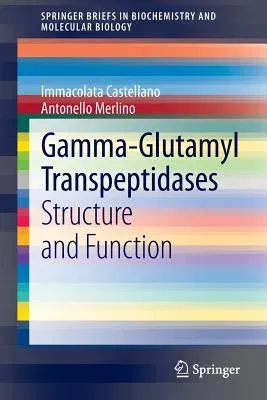Immacolata Castellano
(Author)Gamma-Glutamyl Transpeptidases: Structure and Function (2013)Paperback - 2013, 25 July 2013

Qty
1
Turbo
Ships in 2 - 3 days
In Stock
Free Delivery
Cash on Delivery
15 Days
Free Returns
Secure Checkout

Part of Series
Springerbriefs in Biochemistry and Molecular Biology
Part of Series
Springer Briefs in Biochemistry and Molecular Biology
Print Length
57 pages
Language
English
Publisher
Springer
Date Published
25 Jul 2013
ISBN-10
3034806817
ISBN-13
9783034806817
Description
Product Details
Book Edition:
2013
Book Format:
Paperback
Country of Origin:
NL
Date Published:
25 July 2013
Dimensions:
22.61 x
14.99 x
0.76 cm
Genre:
Science/Technology Aspects
ISBN-10:
3034806817
ISBN-13:
9783034806817
Language:
English
Location:
Basel
Pages:
57
Publisher:
Series:
Weight:
113.4 gm